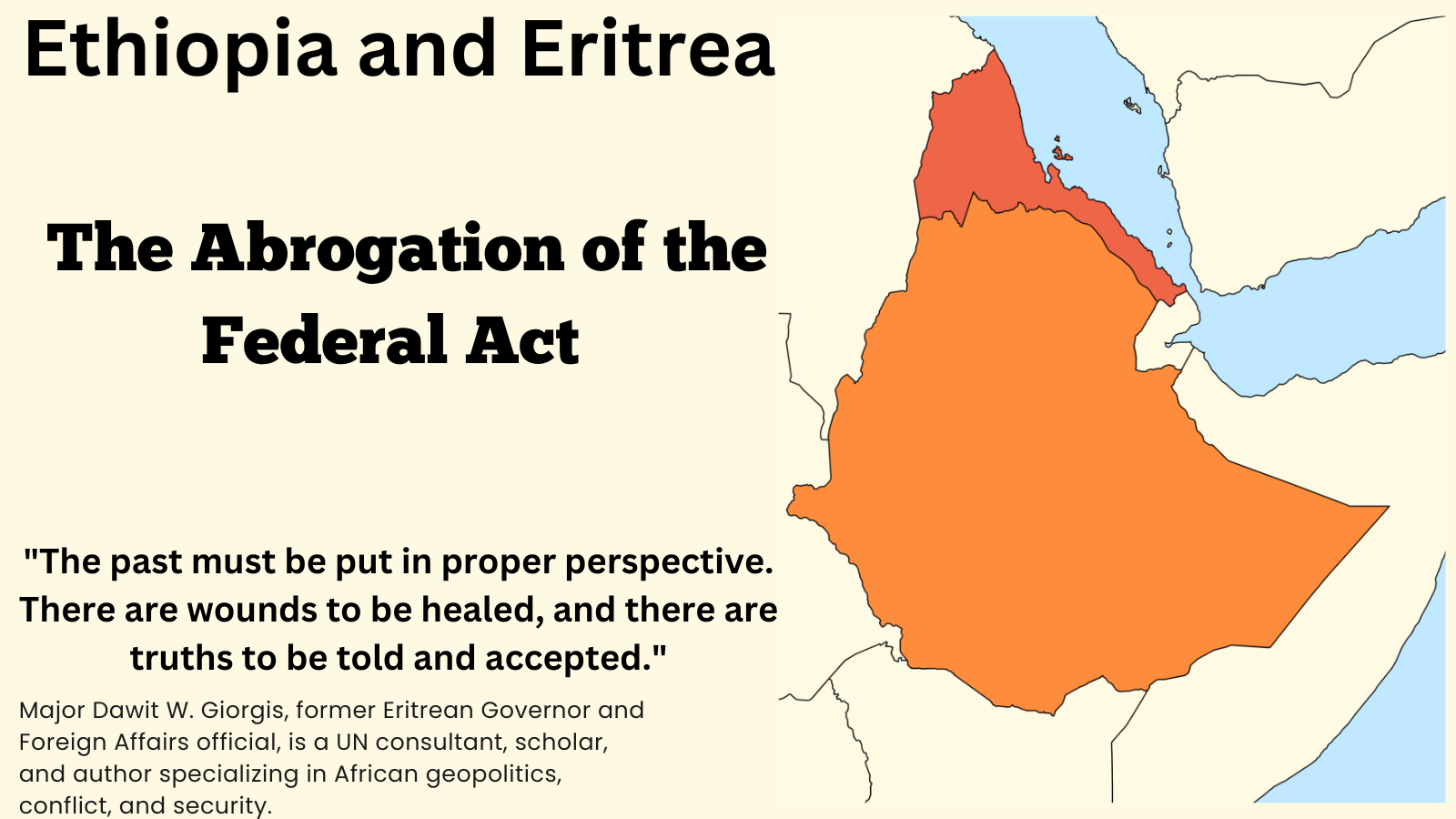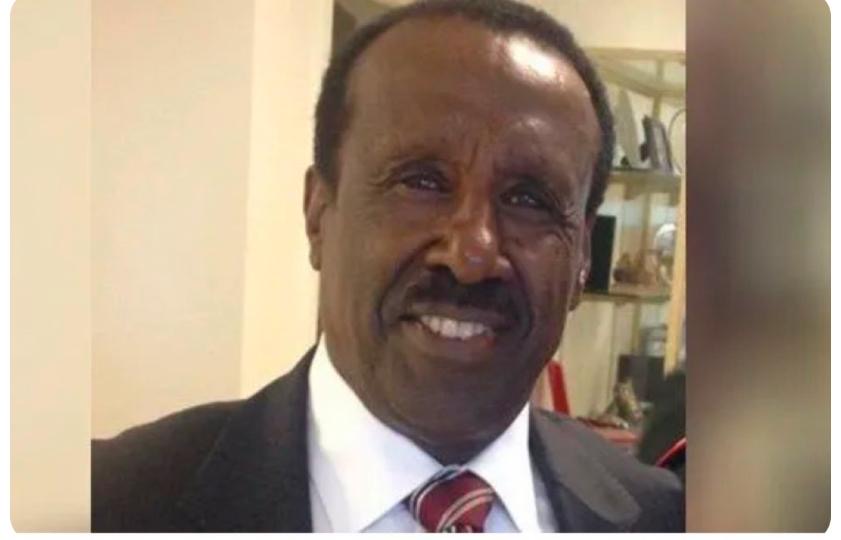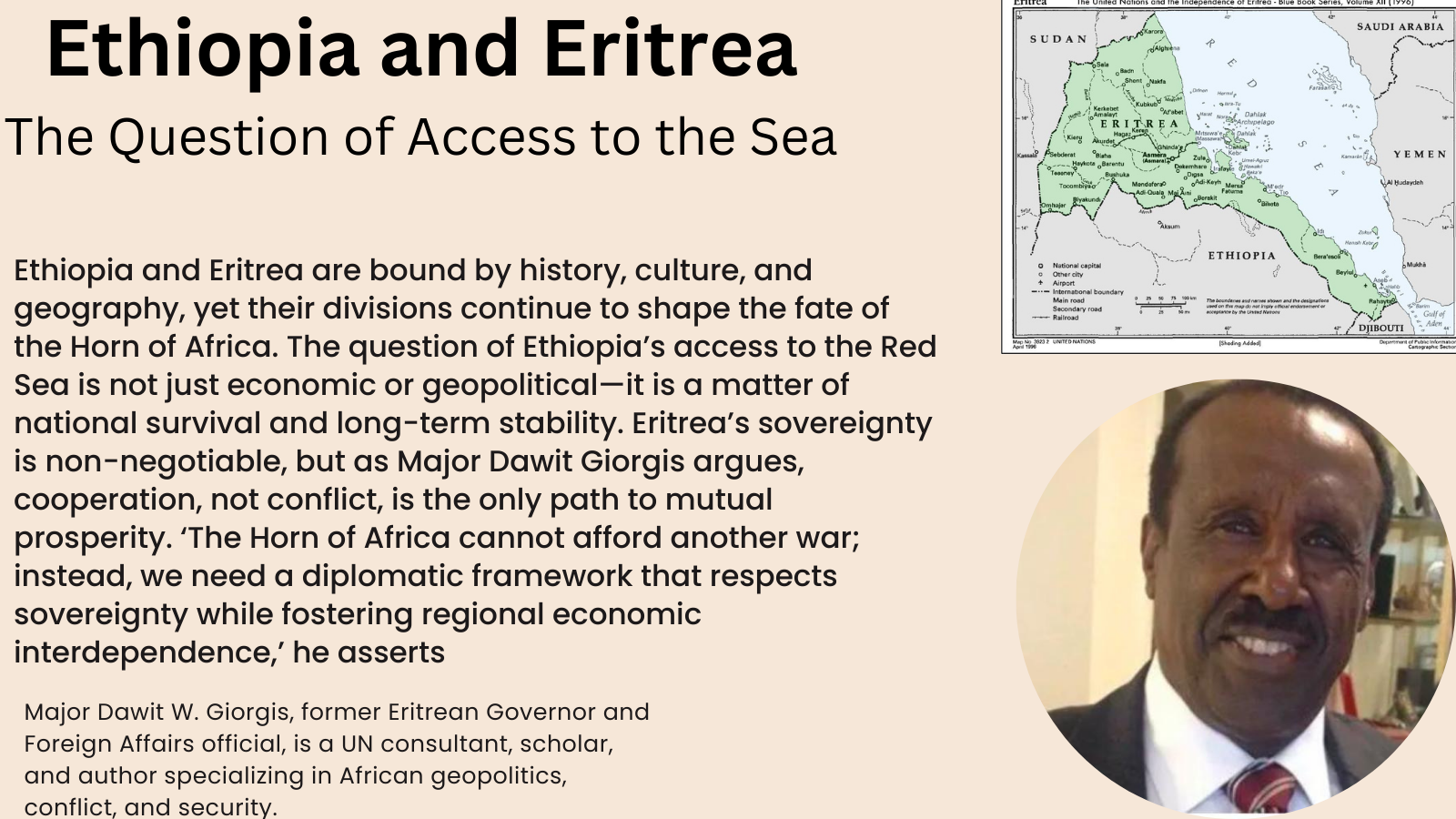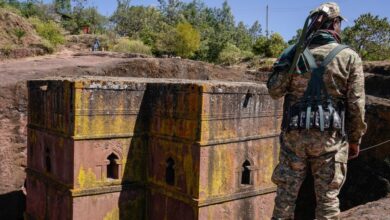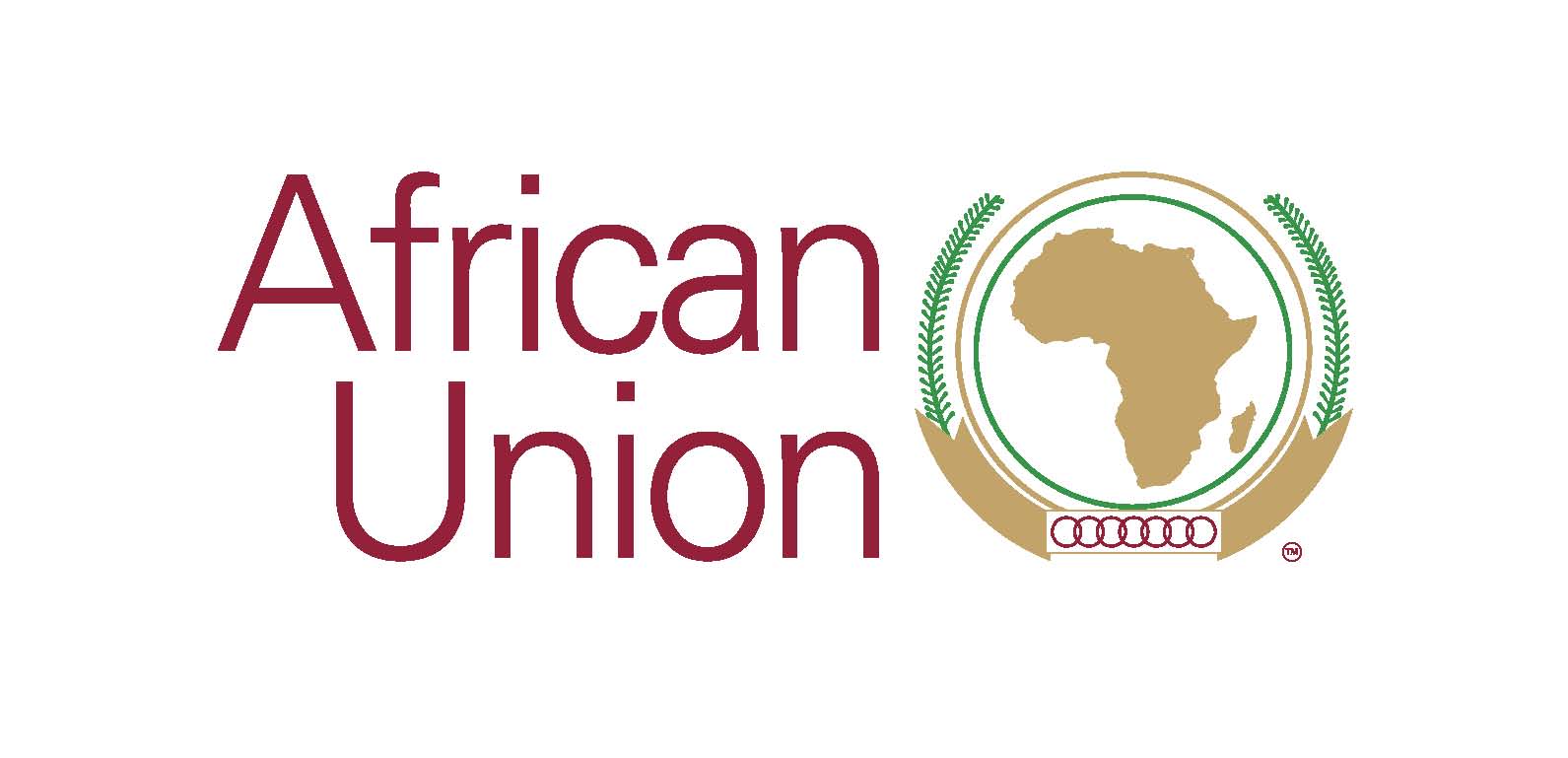
June 21,2024 the African Union (AU) Peace and Security Council (PSC) will gather for its 1218th session, spearheaded by Uganda’s President Yoweri Kaguta Museveni. This crucial meeting aims to address the escalating crisis in Sudan, a conflict that erupted in April 2023 and has since plunged the nation into a humanitarian nightmare.
This is Uganda’s second summit-level session on Sudan during its PSC chairship, reflecting the urgency and gravity of the situation. Key figures such as AU Commission Chairperson Moussa Faki Mahamat, High-Level Panel Chair Mohamed Ibn Chambas, UN Secretary-General António Guterres, IGAD Executive Secretary Workneh Gebeyehu, and LAS Executive Secretary Ahmed Aboul Gheit will present their insights.
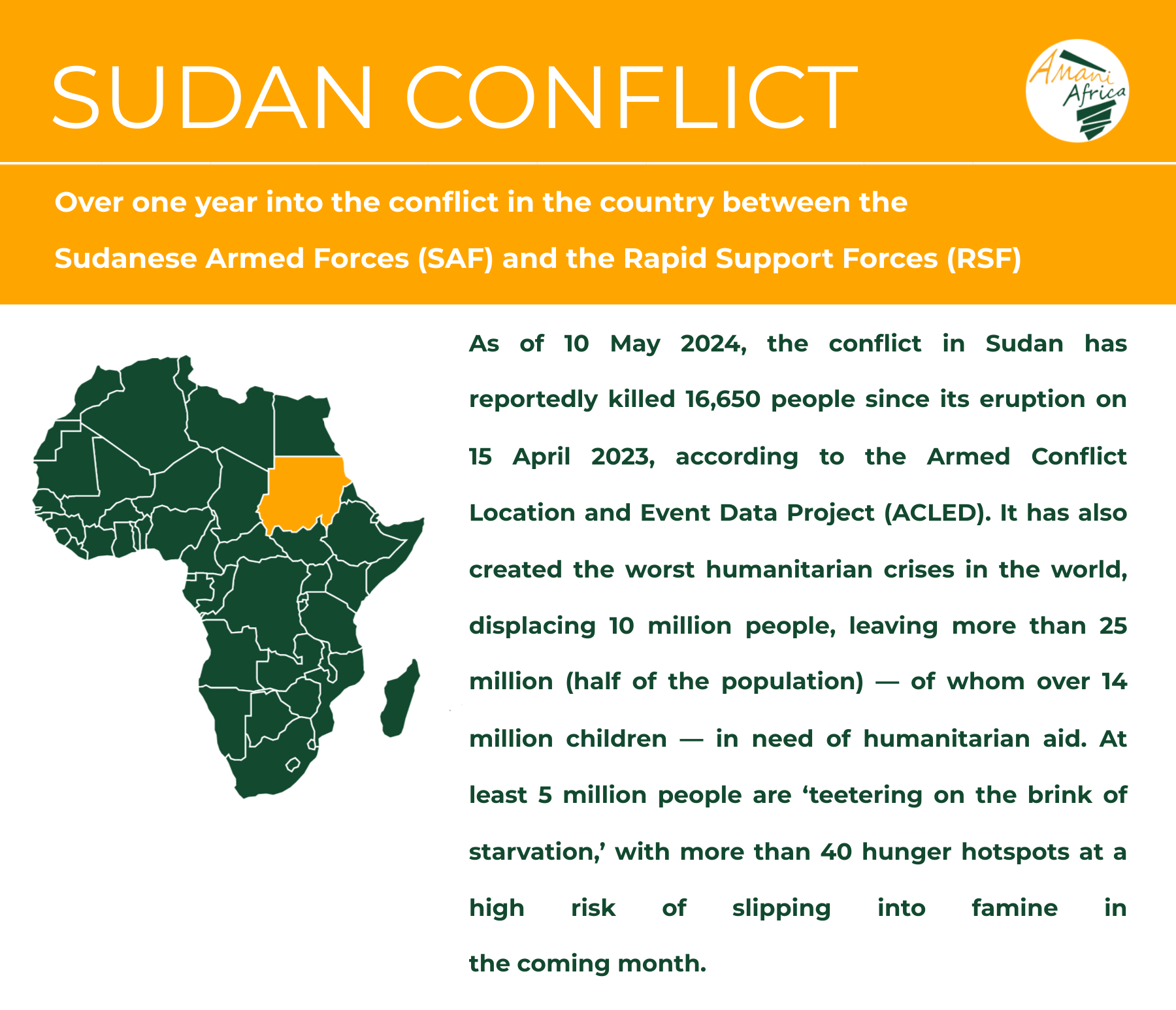
Central to tomorrow’s agenda is the stalled regional and international diplomatic efforts. The AU High-Level Panel’s initiative for an inclusive inter-Sudanese dialogue stands out, aiming to unite all stakeholders to chart a peaceful future for Sudan. This dialogue, complementary to the Jeddah Process, is envisioned in two phases: a planning phase addressing logistics and representation, followed by the main phase focusing on conflict resolution.
However, the path to peace is fraught with challenges. Numerous overlapping peace initiatives dilute diplomatic resources and undermine the effectiveness of regional and international efforts. Despite various attempts, including a conference in Egypt and efforts by the UN Special Envoy for Sudan, the conflict persists with no end in sight.
The humanitarian crisis is dire. Recent violence in North Darfur, particularly around El Fasher, has led to severe atrocities against civilians. Reports of ethnically motivated attacks and retaliatory violence are alarming. The UN Security Council’s Resolution 2736 demands an immediate cessation of hostilities and the protection of civilians, but the fighting continues unabated.
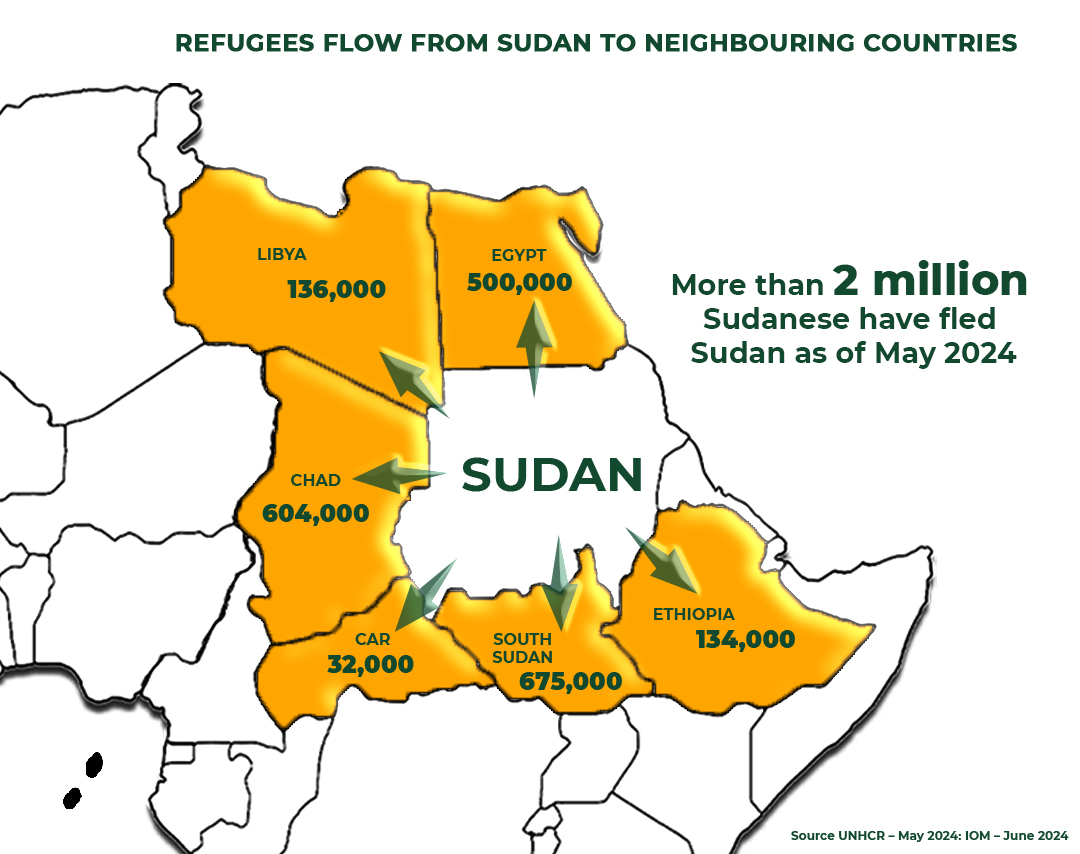
The statistics are staggering: over 16,650 deaths, 10 million displaced, and more than 25 million in need of humanitarian aid. The conflict threatens regional stability, with potential repercussions extending across the Lake Chad, Great Lakes, North Africa, and Horn of Africa regions. The risk of Sudan’s collapse or fragmentation poses a severe threat to international peace and security, potentially attracting terrorist networks and disrupting maritime trade.
The PSC must take decisive action. It should support the establishment of humanitarian corridors, a mechanism for monitoring and reporting on compliance with international humanitarian law, and a disengagement plan for hostilities. Additionally, a high-level ad hoc committee of heads of state and government should be mobilized to bring the warring parties to the negotiating table.
The AU’s role is crucial. It must leverage its collective influence to end the conflict and mitigate the looming humanitarian catastrophe. The international community, particularly the AU, must act swiftly and decisively to restore peace and stability in Sudan.
Staff Writer’s Note: This op-ed was first Amani Africa Media and Research Services. It offers most current information and impartial analysis on the items on the agenda of the sessions of the PSC. It is produced and shared ahead of each session of the PSC to inform the preparation and deliberation of members of the PSC. https://amaniafrica-et.org/consideration-of-the-situation-in-sudan/
Amani Africa Media and Research Services is an independent pan-African policy research, training and consulting think tank with expertise on the African Union system and with the specialization on the AU Peace and Security Council. It aims to advance evidence-based and policy-oriented knowledge on the AU and African regional bodies and current African policy issues, with a particular focus on multilateral process on peace and security in Africa.

